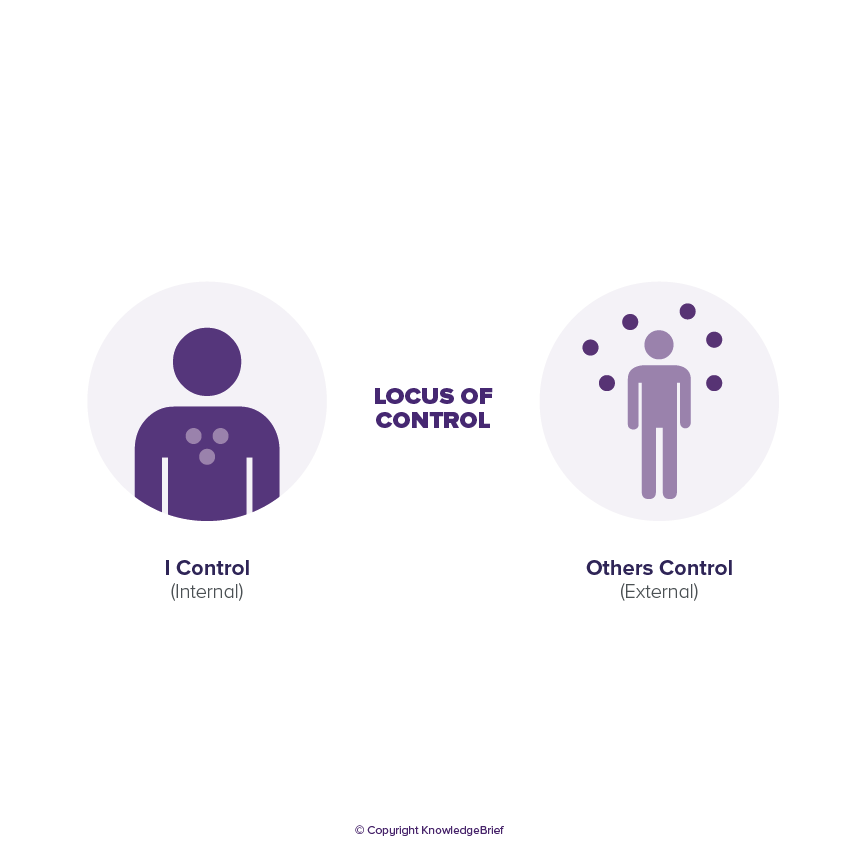Financial crises such as a slowdown in the economy, job loss, bankruptcies or foreclosures lead to immense mental health problems in many individuals. We live in a society where money is a fundamental base of livelihood. From a young age, we have been taught and trained to earn money so that we can have a healthy and happy life. This societal, as well as individual mindset around money, has a negative connotation when faced with financial crises as mentioned above.
Whether it is the fear of discussing financial troubles or displacing it through domestic violence, substance abuse or suicidal ideation, financial crises have a direct implication on mental health at an individual as well at a societal level. Research has also observed a spike in depression and anxiety cases due to financial crises (Sargent-Cox et al, 2011; Avčin et al, 2011; Kokaliari 2016).
The very important thing to understand is that we cannot control the economy but we can choose to manage ourselves in the face of financial adversity. It is necessary to accept that not everything is permanent. The circumstances will change and will bring new opportunities. These opportunities might not exactly be the way we imagine, but accepting that challenge and developing skills accordingly can thereby support us.
Mental health professionals have outlined some coping strategies for common stressors during difficult financial or economical times.
1. Schedule Stress

Stress can lead to mental fog which can further impact decision-making skills. Instead of soaking into stress all day, manage stress by allocating it a specific time of your day. It is recommended for this coping strategy is not to devote more than an hour or two for stress and also not to schedule it at the beginning of the day.
2. Locus of Control

Therapists always advise on working on areas that are under our control. Financial crises can be due to a number of reasons and some of them are just out of our control. Therefore, instead of stressing about them, develop a coping strategy that should focus on improving or working on things under one’s control as this can improve your self-efficacy.
3. Plan to minimize financial stressors

Planning is a survival skill that raises hope and gives direction. This is another helpful coping strategy that can help you explore what is currently working for you and what is not. Focus and plan for skills or schemes that are working for you and strengthen them further. Use this plan to explore more options and opportunities by setting realistic goals.
4. Avoid unhelpful coping strategies

When in stress, it is common to seek support from alcohol consumption, smoking, other substance abuse, gambling or stress eating. If you also succumb to these habits, then it is important to be mindful of the harmful effects of these habits. Not only can they cause more stress but can also lead to serious mental health conditions such as depression, anxiety or addiction. Resorting to activities such as exercising, developing hobbies, engaging in music or reading and seeking support of loved ones are more positive approaches to managing stress.
5. Positive Thinking

It is definitely not easy to focus on positive thoughts during a financial crisis. Some tips that can encourage positive thinking are celebrating things you have achieved with your endeavours, having faith in yourself as how you can change adversity into an opportunity, look for the silver lining in the present scenario and how it has got you closer to yourself and loved ones. Address the negative thoughts or information and try to either minimize them or not let them affect your behaviour.
6. Seek Help

Managing mental health is not the same for everyone. If you or your dear ones need support, then seeking help from a mental health professional is highly recommendable. Professionals can surely not help in improving your finances but they can definitely support your mental health needs which can thereby improve your performance at work or business.
You can find mental health professional at our unique MHT Directory
Mental health awareness has led to many advances in support from the society and the government. There are upcoming labour market programmes, debt relief programmes and family support programmes from which people can benefit in managing their mental health as well as work. It is expected that the future is going to be mental health friendly and hopefully this works in our advantage.
Sources: https://www.washington.edu/counseling/resources-for-students/managing-economic-stress/ https://www.verywellmind.com/how-to-handle-the-stress-of-a-financial-crisis-3144545 http://www.euro.who.int/__data/assets/pdf_file/0008/134999/e94837.pdf https://www.sciencedirect.com/science/article/abs/pii/S0277953611004394 https://journals.sagepub.com/doi/abs/10.1177/0020872816651701 https://www.semanticscholar.org/paper/The-present-global-financial-and-economic-crisis-an-Av%C4%8Din-Ku%C4%8Dina/73bbe0a40345af8e216dc14525157337cece7770


